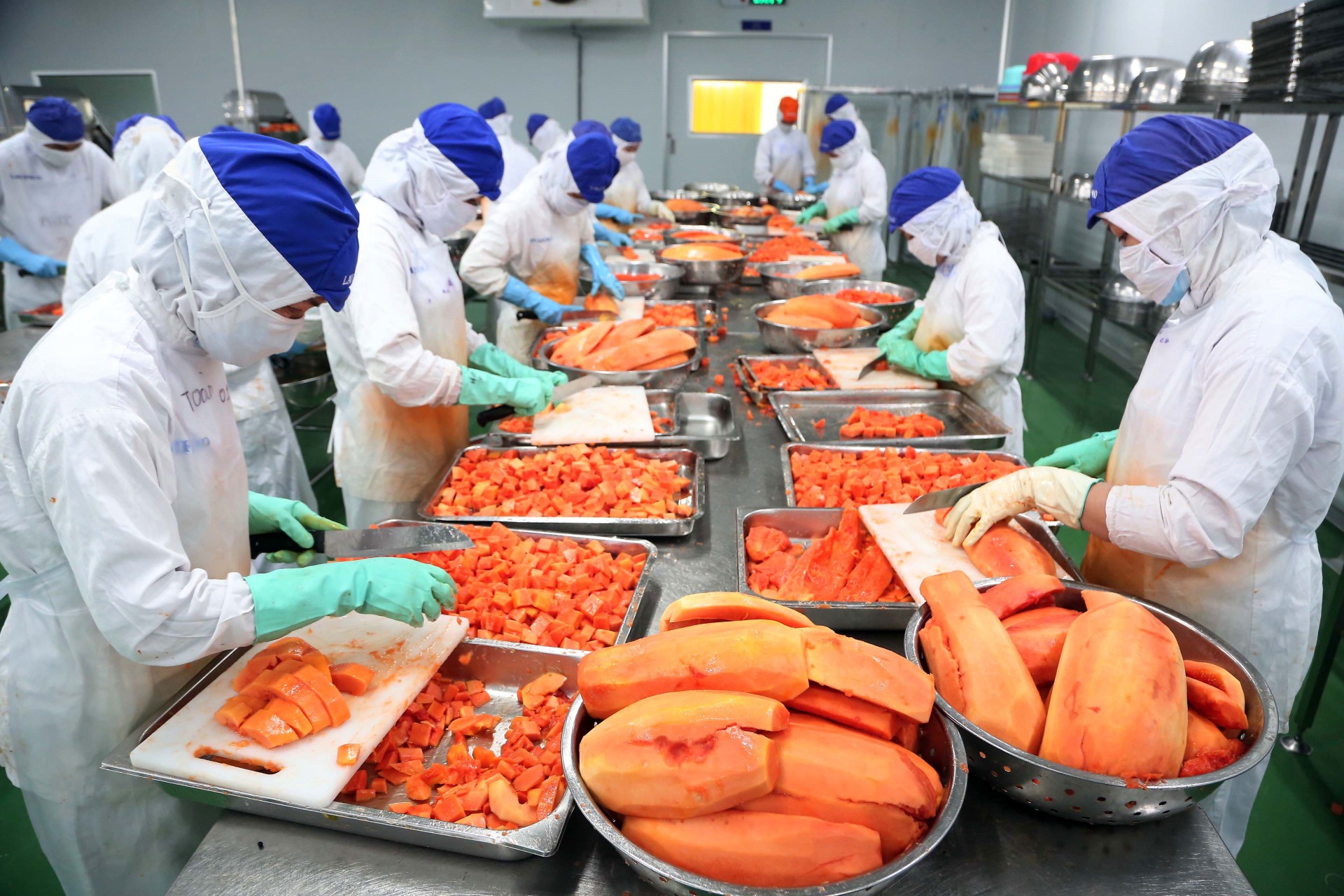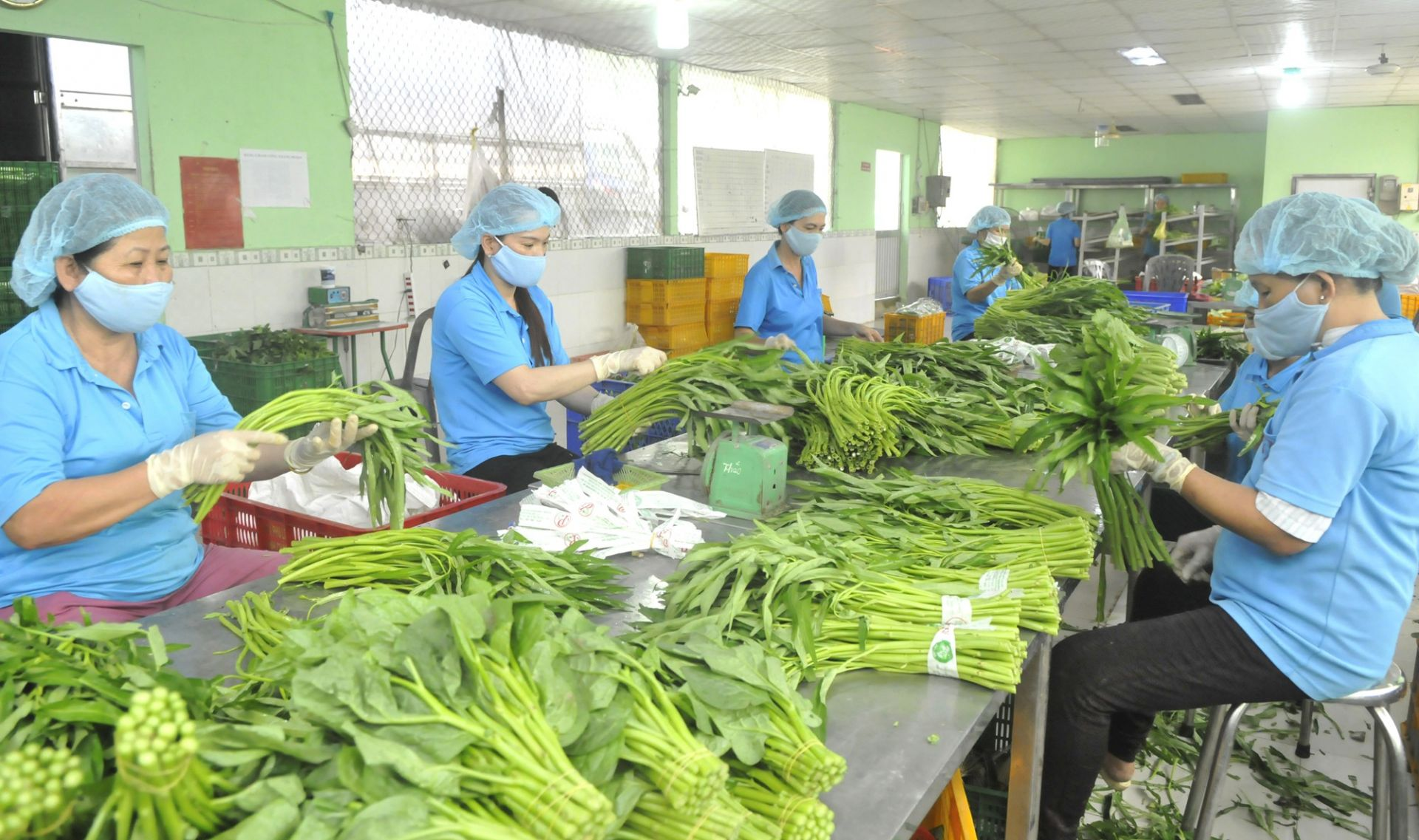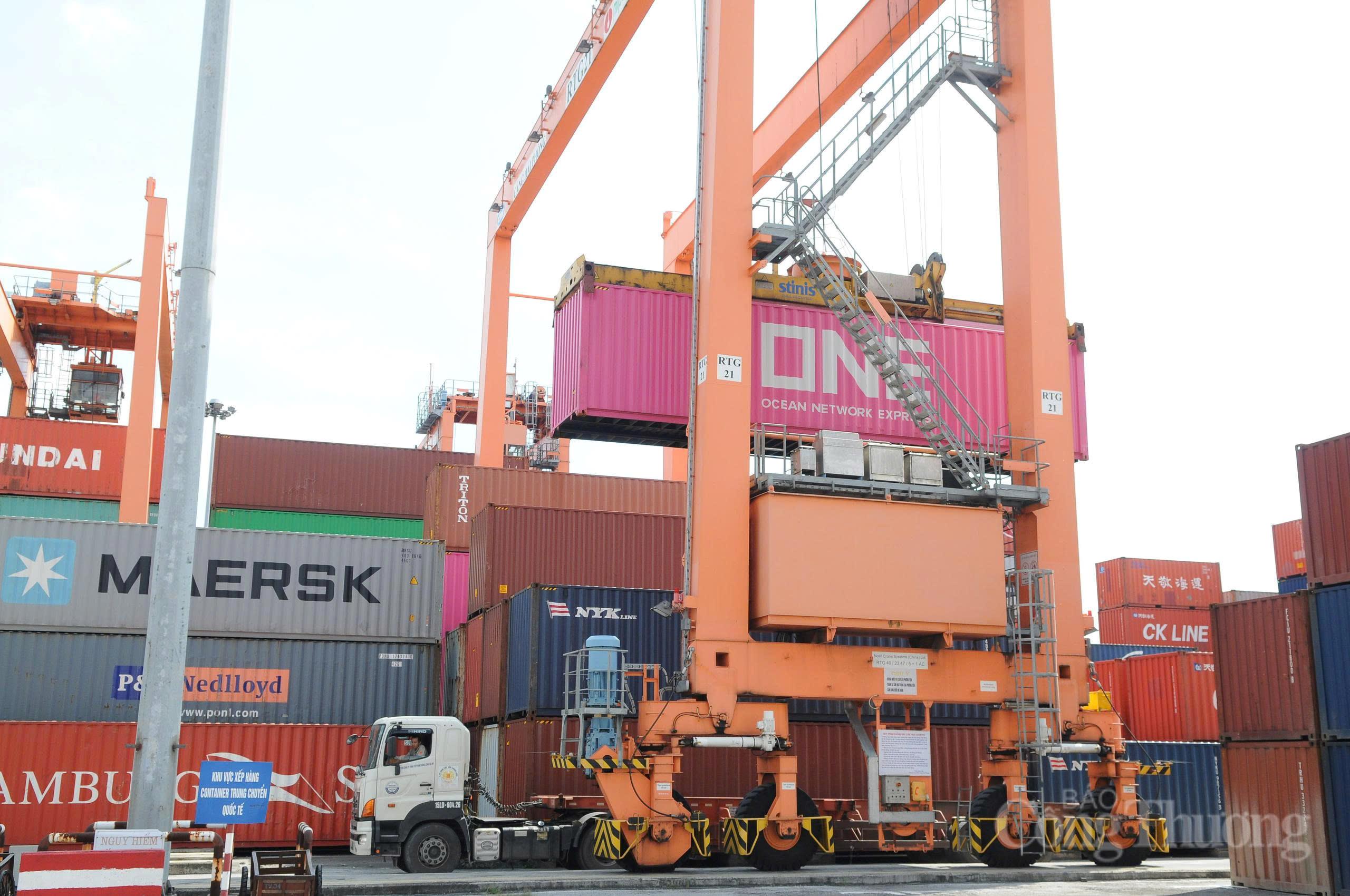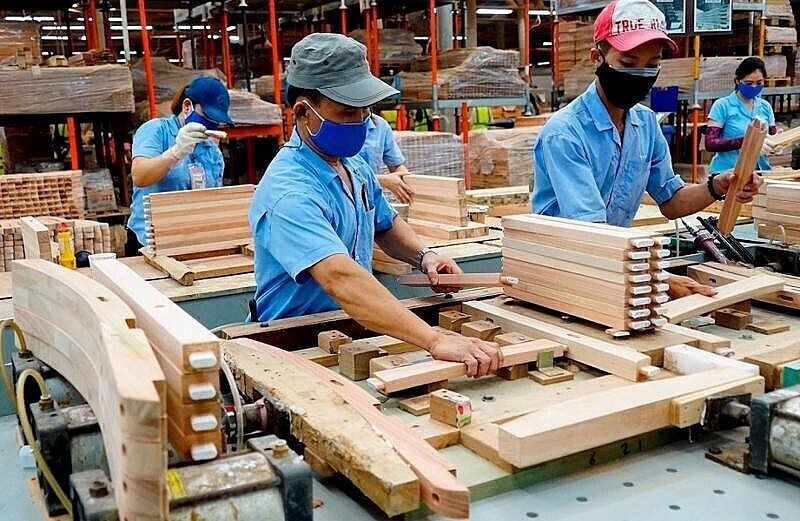
Nationwide conference disseminates Resolutions 79 and 80
19:05 | 23/03/2025 16:23 | 25/02/2026News and Events
Increasing produce exports
The EVFTA is paving the way for Vietnam to increase produce exports to the Netherlands, in particular, and the EU in general. The Netherlands is considered a gateway to the EU, being a transshipment point for one-third of all exports to the region go.
According to Vo Thi Ngoc Diep, Vietnam’s Trade Counselor in the Netherlands, in the first two months of 2023, Vietnam's export value to the Netherlands decreased 2.8 percent to reach US$1.48 billion, but the value of produce exports to this market soared significantly, with vegetable and fruit exports growing 70 percent, coffee exports more than doubling, and cashew exports growing 10 percent.
Data from the General Department of Vietnam Customs show that in the first quarter of this year, Vietnam exported more than US$32 million worth of vegetables and fruits to the Netherlands, in addition to cashews worth US$60 million, coffee - US$32 million, pepper - over US$6 million, and rice worth more than US$3 million. Diep said high inflation will reduce the Netherlands’ and EU’s demand for essential and luxury goods imports including textiles and garments, furniture and electronic components.
 |
 |
| The EVFTA is expected to boost Vietnam’s produce exports |
Trade promotion
According to Diep, this year the Vietnam Trade Office in the Netherlands will connect importers with distributors and hold Vietnamese goods’ promotion events including the Vietnam Day and Vietnamese Goods Week in Dutch supermarkets, and a Vietnamese farm produce promotion event at The Hague while working with the Vietnamese provinces/cities of Ha Nam, Ben Tre, Da Nang and Binh Duong to implement trade and investment promotion in the Netherlands.
The Ministry of Industry and Trade’s Vietnam Trade Promotion Agency (VIETRADE) recently signed a memorandum of understanding (MoU) with PUM Netherlands Senior Experts and the e-commerce platform MISSLINH to support Vietnamese exports to the Netherlands through e-commerce. Hoang Minh Chien, the agency's deputy head, emphasized that this collaboration will help reduce costs and save time, accelerate order processing and expand market access for Vietnamese exporters. He added that promoting e-commerce would significantly contribute to the country's exports. Chien said this MoU would be a crucial milestone in fostering research and development cooperation and effectively supporting Vietnamese small and medium-sized enterprises in exporting goods, especially agricultural products to the EU market.
Trade Counselor Vo Thi Ngoc Diep said that in 2023, the EU amended regulations on maximum residue levels (MRLs), such as maximum levels for arsenic in certain foods including rice, rice-based products, baby food, fruit juices, condensed fruit juices and salt. The EU also issued Regulation 2023/466, amending the MRLs for isoxaben, novaluron and tetraconazole in fresh and frozen vegetables and fruits, cashews, coffee, tea, spices, cereals, oilseeds and terrestrial animal products, meat of all kinds, eggs, and honey, among others.
| Vietnamese produce and food exporters to the Netherlands and EU markets need to study importing countries’ updated regulations and abide by them. |

19:05 | 23/03/2025 16:23 | 25/02/2026News and Events

19:05 | 23/03/2025 16:21 | 25/02/2026News and Events

19:05 | 23/03/2025 10:53 | 25/02/2026News and Events

19:05 | 23/03/2025 10:51 | 25/02/2026Trade

19:05 | 23/03/2025 17:34 | 24/02/2026Trade